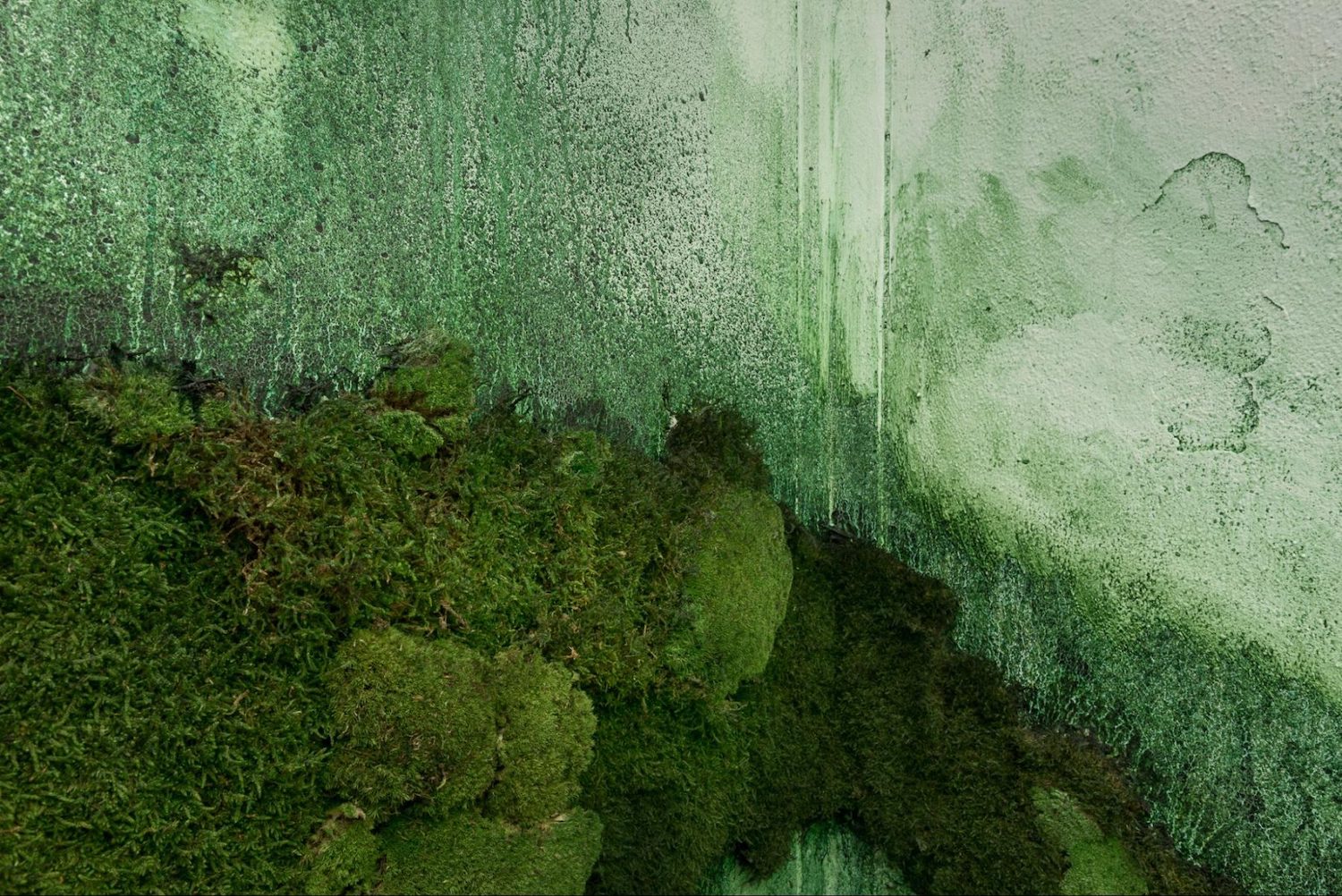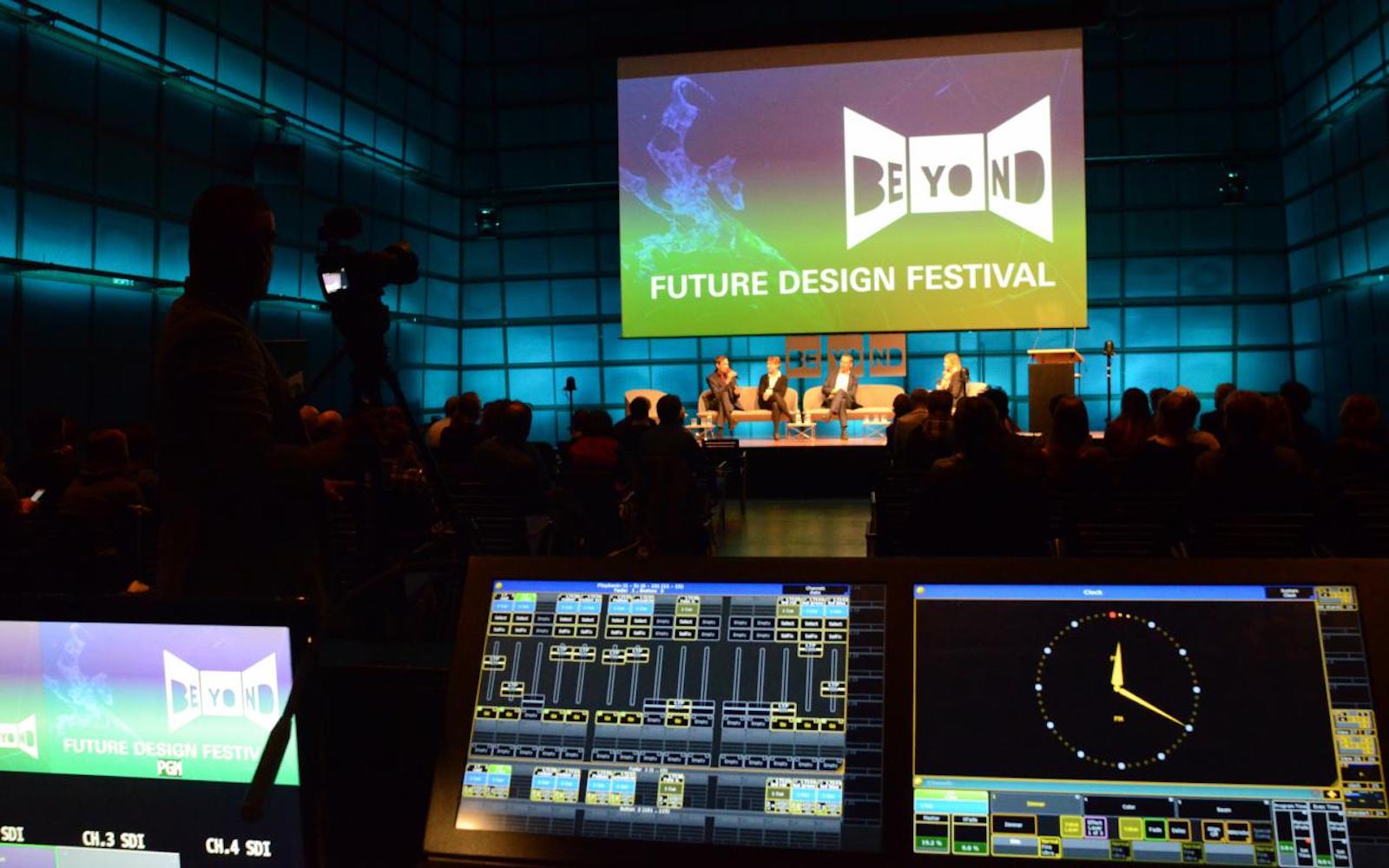
Future Art Ecosystems: Art x Metaverse (FAE2) and Legal Lab Report 1: Art + Tech/Science Collaborations.
Two reports that outline potential paths for the future of the cultural sector.
futureartecosystems.org
www.serpentinegalleries.org
Instagram / Facebook / Twitter
Future Art Ecosystems: Art x Metaverse (FAE2)
Future Art Ecosystems is an annual strategic briefing that provides analytical and conceptual tools for the construction of 21st-century cultural infrastructure: the systems that support art and advanced technologies as a whole, and respond to a broader societal agenda.
The advent of the metaverse—an always-online, persistent, spatial “second” world and emerging internet megastructure—represents a fundamental shift in our notion of digital infrastructure and presence. In this context, FAE2 outlines what is required from 21st century cultural infrastructure in order to be able to shape the metaverse’s evolution and have a relevant role within it.
Engaging with over 50 practitioners and organisations across art, film, gaming, technology and wider cultural industries, FAE2 articulates the challenges and opportunities that cultural institutions face in this landscape. Contributors to FAE2 include artists Larry Achiampong, David Blandy, Danielle Brathwaite-Shirley, Joey Holder, Rindon Johnson, Keiken; Dr Jo Twist OBE, CEO of UKIE; Andie Nordgren, Producer & Director of Unity Live Platforms; Lucy Sollitt, Curator; Jay-Ann Lopez, Founder Blackgirlgamers; Trevor McFedries, Co-founder of Brud; Gabrielle Jenks, Digital Director, Manchester International Festival and many more.
The strategic briefing is organised into three chapters. Chapter 1 explores user experience of art (UXA) as a strategic model for reassessing the key touchstones of cultural institutions’ digital strategy with the advent of advanced virtual environments—digitally produced 3D spaces. Chapter 2 surveys the emergence of “metaverse-native” art in art-adjacent fields such as gaming, blockchain, film and architecture as a consequence of their openness to developing new skills, proficiencies and business models around emerging technologies.
As a planetary-scale infrastructural project, the metaverse’s greatest challenge to cultural institutions is in terms of their role as public interest organisations. Cultural institutions can only continue to fulfil this role if they are advocating for and contributing to the construction of an open and accountable 21st-century cultural infrastructure. Chapter 3 proposes a set of vectors for a sector-wide effort to take active steps in that direction.
This second issue of Future Art Ecosystems was prepared as the world was coming to grips with a major healthcare emergency that has not only claimed a great number of lives but which has also put various pre-existing systems—economic, social and geopolitical—under immense strain. We do not yet know the long-term effects of the COVID-19 pandemic on the institutional fabric underwriting our societies yet, as history has proven time and time again, major crises also breed major paradigm shifts and technological transitions.
Legal Lab Report 1: Art + Tech/Science Collaborations
As part of Serpentine’s commitment to supporting the construction of future art ecosystems, the Serpentine will be releasing Legal Lab Report 1: Art + Tech/Science Collaborations, on July 26. This report documents the Lab’s findings from survey and interview-based research conducted over 18 months with over 250 artists, curators, technologists, scientists, cultural institutions, galleries, funders, tech companies, legal academics and lawyers. This report aims to share knowledge, identify opportunities and facilitate change in the way that that resonates with collaborators and empowers them to make better use of legal tools.
Both reports emerge from Serpentine’s commitment over the last seven years to supporting artistic explorations and interrogations of emerging and advanced technologies through commissioning and research. They are accompanied by a programme that explores the ideas behind the reports via presentations, training sessions and conversations with artists and organisations already working in these areas. For more information and to sign up to the Serpentine R&D Newsletter visit futureartecosytems.org.



